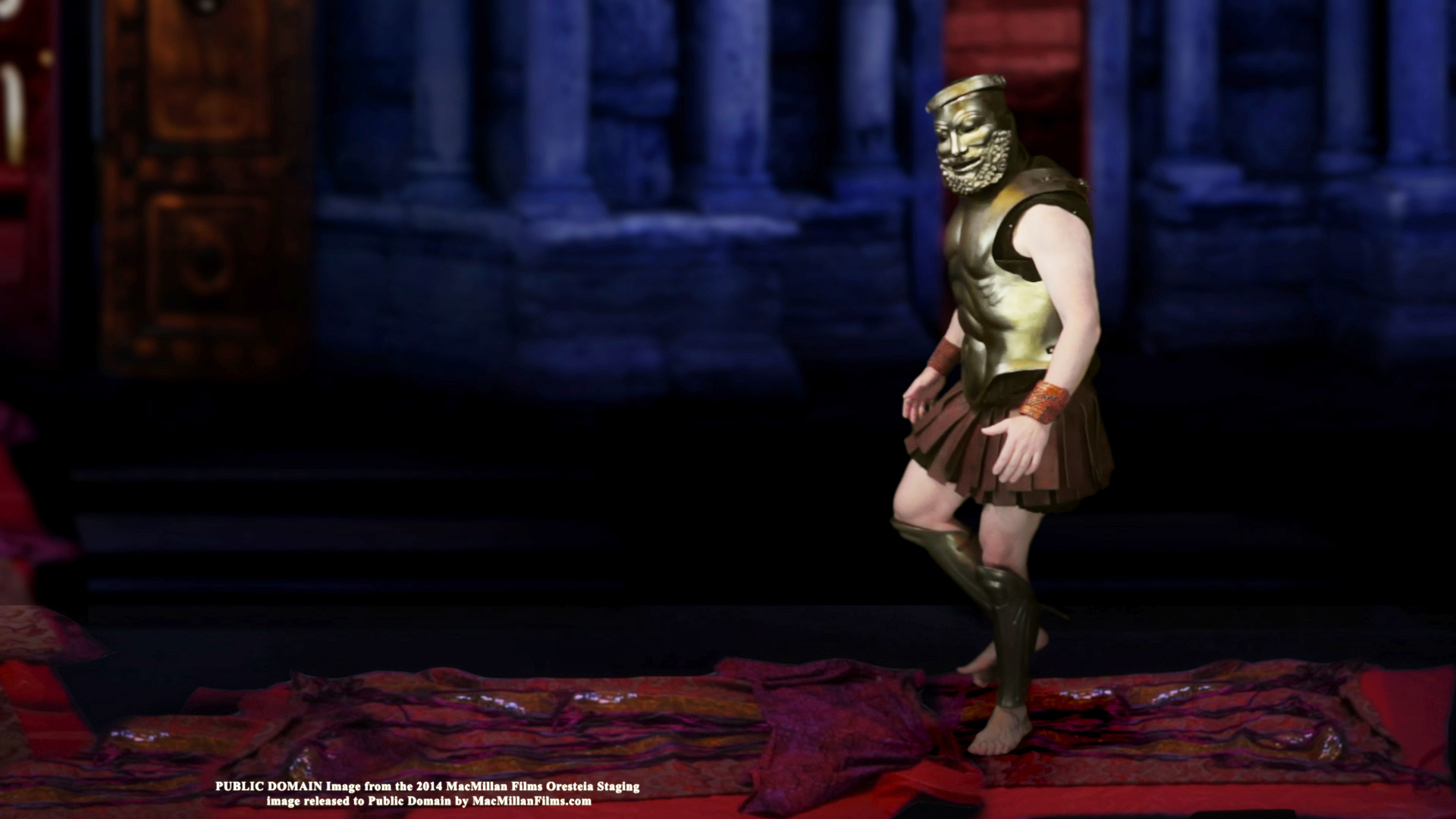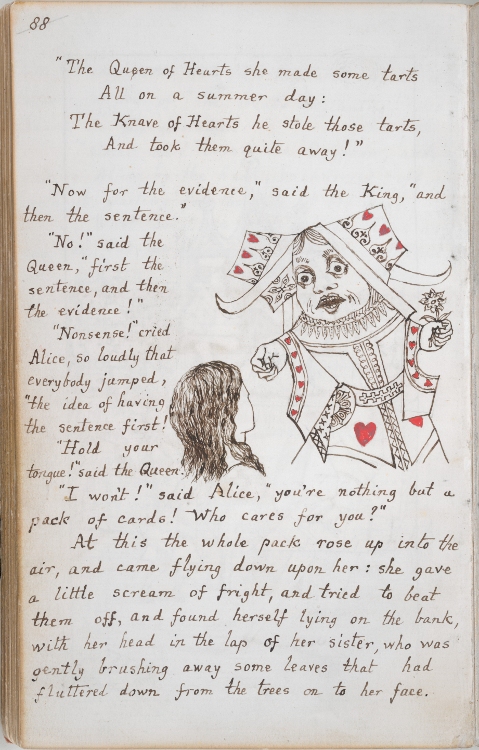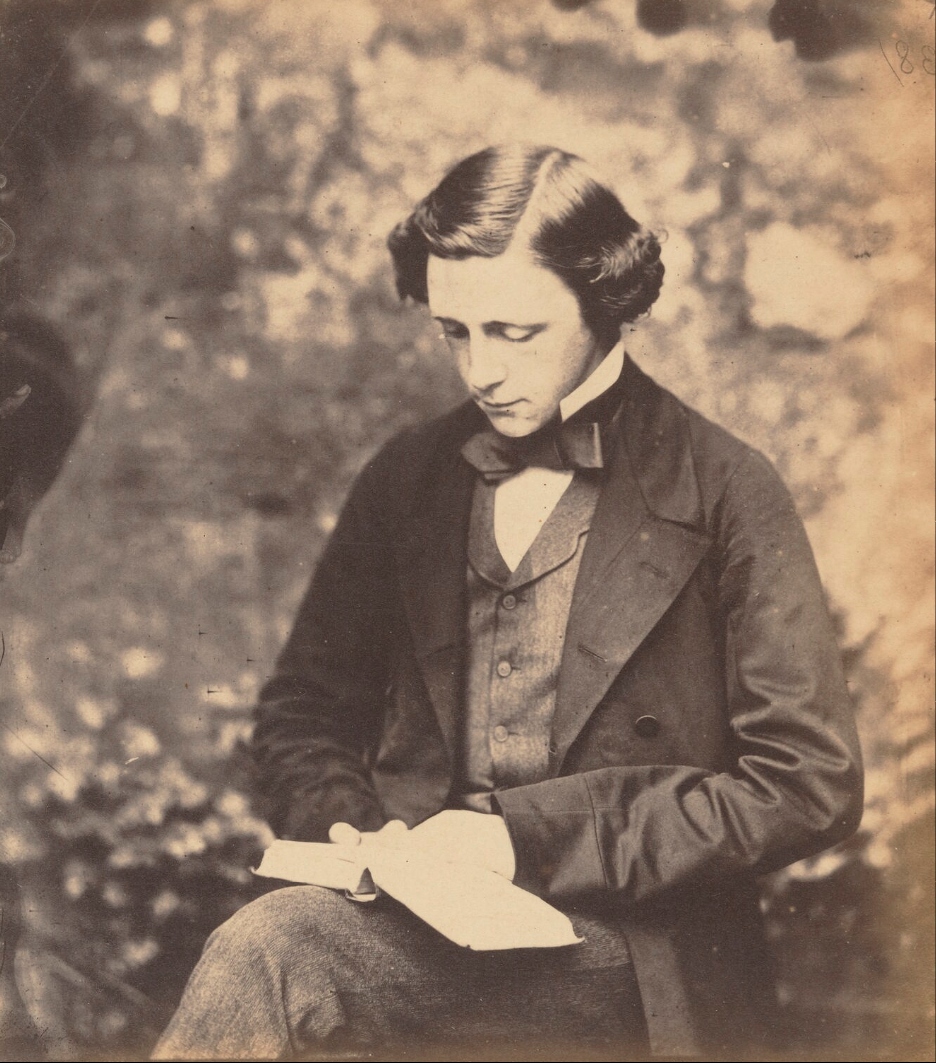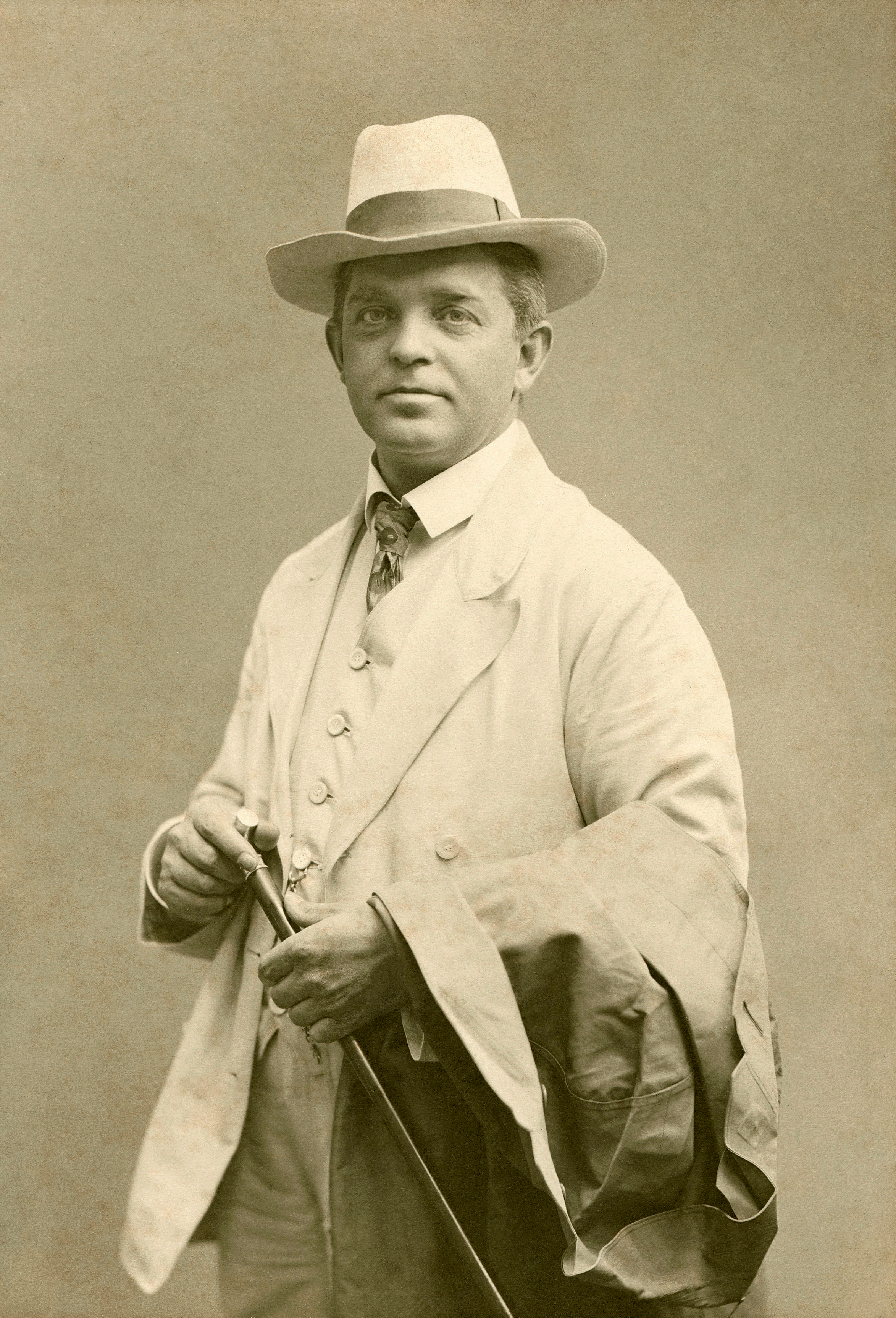|
Plays With Incidental Music
This is an incomplete list of play (theatre), plays for which incidental music has been written. A very large number of such works have been written, and to limit the size of this article, only items where the composer and/or the playwright has a specific Wikipedia article should be included. A * ''Abdelazer'' (Aphra Behn, 1676) :* 1695 music by Henry Purcell * ''The Acharnians'' (Aristophanes, 425 BC) :* 1914 music by Sir Hubert Parry * ''Adrienne Lecouvreur'' (Eugène Scribe and Ernest Legouvé, 1849) :* music by Anatoly Alexandrov (composer), Anatoly Alexandrov (he later arranged an orchestral suite) * ''La adultera penitente'' (Moreto, adapted by Gregorio Martínez Sierra) :* 1917 music by Joaquín Turina * ''Advent'' (August Strindberg) :* music by Heinz Tiessen (died 1971) * ''Agamemnon (play), Agamemnon'' (Aeschylus): Part I of ''Oresteia'' (see below) * ''L'Aiglon'' (Edmond Rostand, 1900) :* music by Richard Addinsell * ''Aladdin (Nielsen), Aladdin'' (Adam Oehlenschl ... [...More Info...] [...Related Items...] OR: [Wikipedia] [Google] [Baidu] |
Play (theatre)
A play is a work of drama, usually consisting mostly of dialogue between characters and intended for theatrical performance rather than just reading. The writer of a play is called a playwright. Plays are performed at a variety of levels, from London's West End and Broadway in New York City – which are the highest level of commercial theatre in the English-speaking world – to regional theatre, to community theatre, as well as university or school productions. A stage play is a play performed and written to be performed on stage rather than broadcast or made into a movie. Stage plays are those performed on any stage before an audience. There are rare dramatists, notably George Bernard Shaw, who have had little preference as to whether their plays were performed or read. The term "play" can refer to both the written texts of playwrights and to their complete theatrical performance. Comedy Comedies are plays which are designed to be humorous. Comedies are often filled ... [...More Info...] [...Related Items...] OR: [Wikipedia] [Google] [Baidu] |
Oresteia
The ''Oresteia'' ( grc, Ὀρέστεια) is a trilogy of Greek tragedies written by Aeschylus in the 5th century BCE, concerning the murder of Agamemnon by Clytemnestra, the murder of Clytemnestra by Orestes, the trial of Orestes, the end of the curse on the House of Atreus and the pacification of the Erinyes. The trilogy—consisting of ''Agamemnon'' (), '' The Libation Bearers'' (), and ''The Eumenides'' ()—also shows how the Greek gods interacted with the characters and influenced their decisions pertaining to events and disputes. The only extant example of an ancient Greek theatre trilogy, the ''Oresteia'' won first prize at the Dionysia festival in 458 BCE. The principal themes of the trilogy include the contrast between revenge and justice, as well as the transition from personal vendetta to organized litigation. ''Oresteia'' originally included a satyr play, ''Proteus'' (), following the tragic trilogy, but all except a single line of ''Proteus'' has been lost. ''Agame ... [...More Info...] [...Related Items...] OR: [Wikipedia] [Google] [Baidu] |
Alice's Adventures In Wonderland
''Alice's Adventures in Wonderland'' (commonly ''Alice in Wonderland'') is an 1865 English novel by Lewis Carroll. It details the story of a young girl named Alice (Alice's Adventures in Wonderland), Alice who falls through a rabbit hole into a fantasy world of anthropomorphism, anthropomorphic creatures. It is seen as an example of the literary nonsense genre. The artist John Tenniel provided 42 wood-engraved illustrations for the book. It received positive reviews upon release and is now one of the best-known works of Victorian literature; its narrative, structure, characters and imagery have had widespread influence on popular culture and literature, especially in the fantasy genre. It is credited as helping end an era of didacticism in children's literature, inaugurating a new era in which writing for children aimed to "delight or entertain". The tale plays with logic, giving the story lasting popularity with adults as well as with children. The titular character Alice shar ... [...More Info...] [...Related Items...] OR: [Wikipedia] [Google] [Baidu] |
Lewis Carroll
Charles Lutwidge Dodgson (; 27 January 1832 – 14 January 1898), better known by his pen name Lewis Carroll, was an English author, poet and mathematician. His most notable works are ''Alice's Adventures in Wonderland'' (1865) and its sequel ''Through the Looking-Glass'' (1871). He was noted for his facility with word play, logic, and fantasy. His poems ''Jabberwocky'' (1871) and ''The Hunting of the Snark'' (1876) are classified in the genre of literary nonsense. Carroll came from a family of high-church Anglicanism, Anglicans, and developed a long relationship with Christ Church, Oxford, where he lived for most of his life as a scholar and teacher. Alice Liddell, the daughter of Christ Church's dean Henry Liddell, is widely identified as the original inspiration for ''Alice in Wonderland'', though Carroll always denied this. An avid puzzler, Carroll created the word ladder puzzle (which he then called "Doublets"), which he published in his weekly column for ''Vanity Fair ( ... [...More Info...] [...Related Items...] OR: [Wikipedia] [Google] [Baidu] |
Eva Le Gallienne
Eva Le Gallienne (January 11, 1899 – June 3, 1991) was a British-born American stage actress, producer, director, translator, and author. A Broadway star by age 21, Le Gallienne gave up her Broadway appearances to devote herself to founding the Civic Repertory Theatre, in which she was director, producer, and lead actress. Noted for her boldness and idealism, she became a pioneering figure in the American repertory movement, which enabled today's off-Broadway. A versatile and eloquent actress herself (playing roles ranging from Peter Pan to Hamlet), Le Gallienne also became a respected stage director, coach, producer and manager. Le Gallienne consciously devoted herself to the art of the theater as opposed to the show business of Broadway and dedicated herself to upgrading the quality of the stage. She ran the Civic Repertory Theatre Company for 10 years (1926–1936), producing 37 plays during that time. She managed Broadway's 1100-seat Civic Repertory Theatre at 107 Wes ... [...More Info...] [...Related Items...] OR: [Wikipedia] [Google] [Baidu] |
George Frideric Handel
George Frideric (or Frederick) Handel (; baptised , ; 23 February 1685 – 14 April 1759) was a German-British Baroque music, Baroque composer well known for his opera#Baroque era, operas, oratorios, anthems, concerto grosso, concerti grossi, and organ concertos. Handel received his training in Halle (Saale), Halle and worked as a composer in Hamburg and Italy before settling in London in 1712, where he spent the bulk of his career and Handel's Naturalisation Act 1727, became a naturalised British subject in 1727. He was strongly influenced both by the middle-German polyphony, polyphonic choral tradition and by composers of the Italian Baroque. In turn, Handel's music forms one of the peaks of the "high baroque" style, bringing Italian opera to its highest development, creating the genres of English oratorio and organ concerto, and introducing a new style into English church music. He is consistently recognized as one of the greatest composers of his age. Handel started three c ... [...More Info...] [...Related Items...] OR: [Wikipedia] [Google] [Baidu] |
The Alchemist (Handel)
''The Alchemist'', HWV 43, is incidental music used for the revival of Ben Jonson's play ''The Alchemist'' at the Queen's Theatre, London on 14 January 1710. The work is an arrangement, by an anonymous composer, of music written by George Frideric Handel. All but one of the movements were taken from the extended overture to Handel's first Italian opera ''Rodrigo''. The overture introduced the play and the other movements were used to fill the gaps between acts. The incidental music was published in full a few months after the first performance; however, it is unlikely that Handel received any payment for either the performance or publication of the music. It is likely that the work was the first of Handel's music to be performed in England. A typical performance takes almost 15 minutes. Movements The work has the following movements Movement may refer to: Common uses * Movement (clockwork), the internal mechanism of a timepiece * Motion, commonly referred to as move ... [...More Info...] [...Related Items...] OR: [Wikipedia] [Google] [Baidu] |
Ben Jonson
Benjamin "Ben" Jonson (c. 11 June 1572 – c. 16 August 1637) was an English playwright and poet. Jonson's artistry exerted a lasting influence upon English poetry and stage comedy. He popularised the comedy of humours; he is best known for the satirical plays ''Every Man in His Humour'' (1598), '' Volpone, or The Fox'' (c. 1606), '' The Alchemist'' (1610) and '' Bartholomew Fair'' (1614) and for his lyric and epigrammatic poetry. "He is generally regarded as the second most important English dramatist, after William Shakespeare, during the reign of James I." Jonson was a classically educated, well-read and cultured man of the English Renaissance with an appetite for controversy (personal and political, artistic and intellectual) whose cultural influence was of unparalleled breadth upon the playwrights and the poets of the Jacobean era (1603–1625) and of the Caroline era (1625–1642)."Ben Jonson", ''Grolier Encyclopedia of Knowledge'', volume 10, p. 388. His ancestor ... [...More Info...] [...Related Items...] OR: [Wikipedia] [Google] [Baidu] |
The Alchemist (play)
''The Alchemist'' is a comedy by English playwright Ben Jonson. First performed in 1610 by the King's Men, it is generally considered Jonson's best and most characteristic comedy; Samuel Taylor Coleridge believed that it had one of the three most perfect plots in literature. The play's clever fulfilment of the classical unities and vivid depiction of human folly have made it one of the few Renaissance plays (except the works of Shakespeare) with a continuing life on stage, apart from a period of neglect during the Victorian era. Background ''The Alchemist'' premiered 34 years after the first permanent public theatre (The Theatre) opened in London; it is, then, a product of the early maturity of commercial drama in London. Only one of the University Wits who had transformed drama in the Elizabethan period remained alive (this was Thomas Lodge); in the other direction, the last great playwright to flourish before the Interregnum, James Shirley, was already a teenager. The theatr ... [...More Info...] [...Related Items...] OR: [Wikipedia] [Google] [Baidu] |
Carl Nielsen
Carl August Nielsen (; 9 June 1865 – 3 October 1931) was a Danish composer, conductor and violinist, widely recognized as his country's most prominent composer. Brought up by poor yet musically talented parents on the island of Funen, he demonstrated his musical abilities at an early age. He initially played in a military band before attending the Royal Danish Academy of Music in Copenhagen from 1884 until December 1886. He premiered his Op. 1, '' Suite for Strings'', in 1888, at the age of 23. The following year, Nielsen began a 16-year stint as a second violinist in the Royal Danish Orchestra under the conductor Johan Svendsen, during which he played in Giuseppe Verdi's ''Falstaff'' and '' Otello'' at their Danish premieres. In 1916, he took a post teaching at the Royal Danish Academy and continued to work there until his death. Although his symphonies, concertos and choral music are now internationally acclaimed, Nielsen's career and personal life were marked by man ... [...More Info...] [...Related Items...] OR: [Wikipedia] [Google] [Baidu] |
Adam Oehlenschläger
Adam Gottlob Oehlenschläger (14 November 177920 January 1850) was a Danish poet and playwright. He introduced romanticism into Danish literature. He wrote the lyrics to the song ''Der er et yndigt land'', which is one of the national anthems of Denmark. Biography He was born in Vesterbro, then a suburb of Copenhagen. His father, Joachim Conrad Oehlenschläger (1748–1827) was at that time organist of Frederiksberg Church and later, keeper of the royal palace of Frederiksberg. The poet's mother Martha Marie Hansen (1745–1800) suffered from depression, which afterwards deepened into melancholy madness. Oehlenschläger and his sister Sophie Ørsted (1782–1818) were taught only to read and write, until their twelfth year. At the age of nine, Oehlenschläger began to write fluent verses. Three years later, he attracted the notice of the poet Edvard Storm (1749–1794) and as a result Öhlenschläger received an introduction into Scandinavian mythology. Oehlenschl� ... [...More Info...] [...Related Items...] OR: [Wikipedia] [Google] [Baidu] |
Aladdin (Nielsen)
Carl Nielsen's ''Aladdin'', Opus 34/FS 89, is incidental music written to accompany a new production of Adam Oehlenschläger’s "dramatic fairy tale" presented at The Royal Theatre in Copenhagen in February 1919. Background Nielsen composed much of the music in Skagen during the summer of 1918, completing it after returning to Copenhagen in January 1919. He experienced major difficulties with the work as the director, Johannes Poulsen, had used the orchestra pit for an extended stage, leaving the orchestra cramped below a majestic staircase on the set. When Poulsen cut out large parts of the music during final rehearsals and changed the sequence of dances, Nielsen demanded that his name be removed from the posters and the programme. In fact, the theatre production in February 1919 was not very successful and was withdrawn after only 15 performances. Music Complete score The complete score, lasting over 80 minutes, is Nielsen's longest work apart from his operas. Demonstratin ... [...More Info...] [...Related Items...] OR: [Wikipedia] [Google] [Baidu] |
.jpg)






